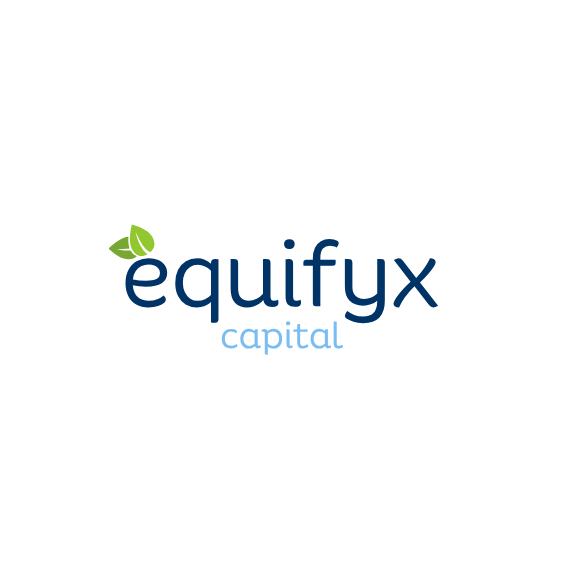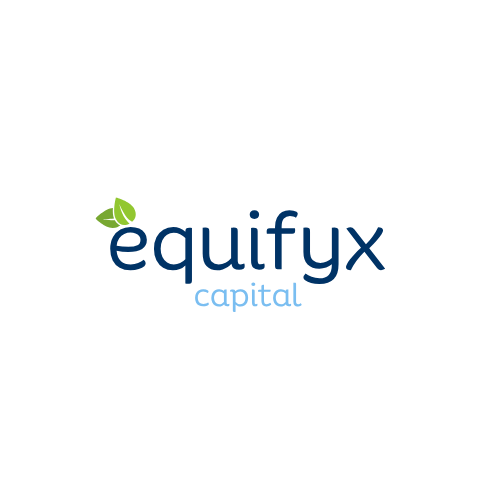Collateral Free Funding for Startups
- Jimmy Cheng
- Jun 21, 2025
- 5 min read

Collateral-Free Funding: How to Get Capital Without Risking Your Home or Assets
Securing capital is one of the biggest hurdles for small business owners and entrepreneurs. Traditionally, lenders have required collateral—like your home, car, or business assets—to back up a loan. But what if you could access the funds you need without putting your personal or business property on the line?
Welcome to the world of collateral-free, or unsecured, funding. As a business finance professional, I’ve seen how these options empower founders to grow with confidence, and I’m here to break down how they work, their benefits, and how you can leverage them safely. 💡💸
What Is Collateral-Free (Unsecured) Funding?
Collateral-free funding, also known as unsecured funding, refers to loans or credit lines that don’t require you to pledge personal or business assets as security. Instead, lenders evaluate your creditworthiness based on factors like your credit score, business revenue, cash flow, and business plan.
Types of collateral-free funding include:
Unsecured business loans
Business credit cards
Lines of credit
Merchant cash advances
Invoice financing
These products are designed to help entrepreneurs access capital quickly and safely—without the fear of losing their home or assets if business challenges arise.
The Key Benefits of Collateral-Free Funding for Startups
1. No Personal Asset Risk
The most obvious benefit: your home, car, or other valuable assets are not on the line. If your business faces unexpected setbacks, you won’t lose your personal property.
2. Faster Approval and Funding
Because there’s no need for asset valuation or legal paperwork tied to collateral, unsecured funding is often approved much more quickly—sometimes within days. This speed can be crucial for startups and small businesses needing to seize opportunities or cover urgent expenses.
3. Flexible Use of Funds
Most unsecured funding options allow you to use the capital for a variety of business needs: purchasing inventory, hiring staff, marketing, or covering cash flow gaps. There are generally fewer restrictions compared to traditional loans.
4. Builds Business Credit
Successfully managing unsecured funding helps build your business credit profile. This can open doors to larger loans or better terms in the future.
5. Encourages Responsible Borrowing
Because lenders take on more risk, they often approve smaller amounts or require more scrutiny. This can help business owners avoid overleveraging and focus on sustainable growth.

How Lenders Evaluate Collateral-Free Funding Applications
Since there’s no collateral to fall back on, lenders look closely at:
Credit Score: Both business and personal credit scores are considered, especially for newer businesses.
Business Revenue: Demonstrating steady income reassures lenders you can repay the loan.
Cash Flow: Lenders want to see that you have enough cash coming in to cover loan payments.
Business Age and Plan: Startups may need to show a solid business plan and projections.
Real-World Example: Tech Startup Expansion
Let’s look at a real scenario. Sarah, a tech entrepreneur, wanted to expand her app development business. She needed $50,000 to hire developers and ramp up marketing. Sarah didn’t want to risk her family home as collateral, so she applied for an unsecured business loan.
Thanks to her strong credit history and steady revenue, she was approved in less than a week. The loan allowed her to scale quickly, and within a year, her business revenue doubled—without ever putting her personal assets at risk. 🚀
Case Study: Restaurant Owner Navigates Uncertainty
During the pandemic, many restaurant owners faced sudden drops in revenue. Mark, who owned a small bistro, needed capital to pivot his business model to takeout and delivery. He opted for a business line of credit—no collateral required. This flexible funding allowed him to buy packaging, set up an online ordering system, and market his new services. Mark’s bistro survived the downturn, and he never had to worry about losing his property if things got tough. 🍽️
Types of Collateral-Free Funding Explained
Funding Type | Typical Use Cases | Approval Speed | Credit Impact | Repayment Terms |
Unsecured Business Loan | Expansion, equipment, marketing | Days–1 week | Yes | Fixed monthly payments |
Business Credit Card | Everyday expenses, emergencies | Instant–days | Yes | Revolving, flexible |
Line of Credit | Ongoing cash flow needs | Days | Yes | Flexible, as needed |
Merchant Cash Advance | Retail, restaurants, seasonal | Days | Sometimes | % of daily sales |
Invoice Financing | B2B businesses with receivables | Days | Sometimes | Paid as invoices settle |
Potential Drawbacks to Consider
While collateral-free funding offers many advantages, it’s important to be aware of some potential downsides:
Higher Interest Rates: Lenders take on more risk without collateral, so rates can be higher than secured loans.
Lower Loan Amounts: You may not be able to borrow as much as you could with a secured loan.
Strict Qualification Criteria: Lenders may require higher credit scores or stronger business financials.
Personal Guarantees: Some unsecured loans still require a personal guarantee, meaning you’re personally responsible if the business defaults—even if your assets aren’t directly at risk.

How to Boost Your Chances of Approval
Here’s how you can position your business for the best possible outcome:
Build Strong Credit: Pay bills on time, reduce debt, and regularly check your credit reports.
Demonstrate Steady Revenue: Show consistent income through bank statements and financial reports.
Prepare a Solid Business Plan: Lenders want to see clear goals and realistic financial projections.
Shop Around: Compare offers from banks, online lenders, and credit unions to find the best rates and terms.
Be Transparent: Provide all requested documentation and be upfront about your business’s financial health.
Anecdote: E-Commerce Business Finds Flexibility
Jasmine runs a growing online boutique. When a supplier offered a bulk discount, she needed quick cash to take advantage. Instead of risking her home, Jasmine used a business credit card with a 0% introductory APR for 12 months. She bought the inventory, sold it at a profit, and paid off the card before interest kicked in. The flexibility and peace of mind were invaluable, and her business credit score improved as a result. 🛒
Frequently Asked Questions about Collateral-Free Funding
Q: Is unsecured funding safe for my business? Yes—if you borrow responsibly and have a plan for repayment. The main safety net is that your personal or business assets aren’t at risk if you default, but your credit score could still be affected.
Q: Will I pay more in interest? Often, yes. Because lenders take on more risk, interest rates are usually higher than for secured loans. However, the speed and safety can outweigh the extra cost if you use the funds wisely.
Q: Can startups qualify for unsecured funding? Many lenders work with startups, especially if the founder has good personal credit and a strong business plan. Some online lenders and fintech companies are especially startup friendly.
Q: What happens if I can’t repay an unsecured loan? You won’t lose your house or car, but your credit score will suffer, and you may face collection efforts. If you’ve signed a personal guarantee, you could still be held personally liable.
When Collateral-Free Funding Makes Sense
You want to protect your personal assets.
You need capital quickly for a time-sensitive opportunity.
Your business is growing but lacks physical assets to pledge.
You’re confident in your ability to repay the loan.
When to Consider Other Options
You need a large sum and can offer collateral for a lower rate.
Your business has valuable assets that could secure a better deal.
You’re comfortable with the risk and want the lowest possible interest rate.
Final Thoughts: Funding Your Future, Safely
Collateral-free funding is a powerful tool for today’s entrepreneurs. It lets you access the capital you need to grow—without the anxiety of risking your home, car, or business property. From tech startups to restaurants and e-commerce, unsecured funding has helped countless business owners seize opportunities, weather storms, and build a brighter future.
My advice as a funding professional: Always borrow with a clear plan, use the funds for growth, and keep your credit healthy. With the right approach, collateral-free funding can be your ticket to business success—minus the sleepless nights. 🌟📈
Disclaimer: This blog is for informational purposes only and does not constitute financial, legal, or tax advice. Please consult with a qualified professional before making any major funding decisions for your business.





Comments